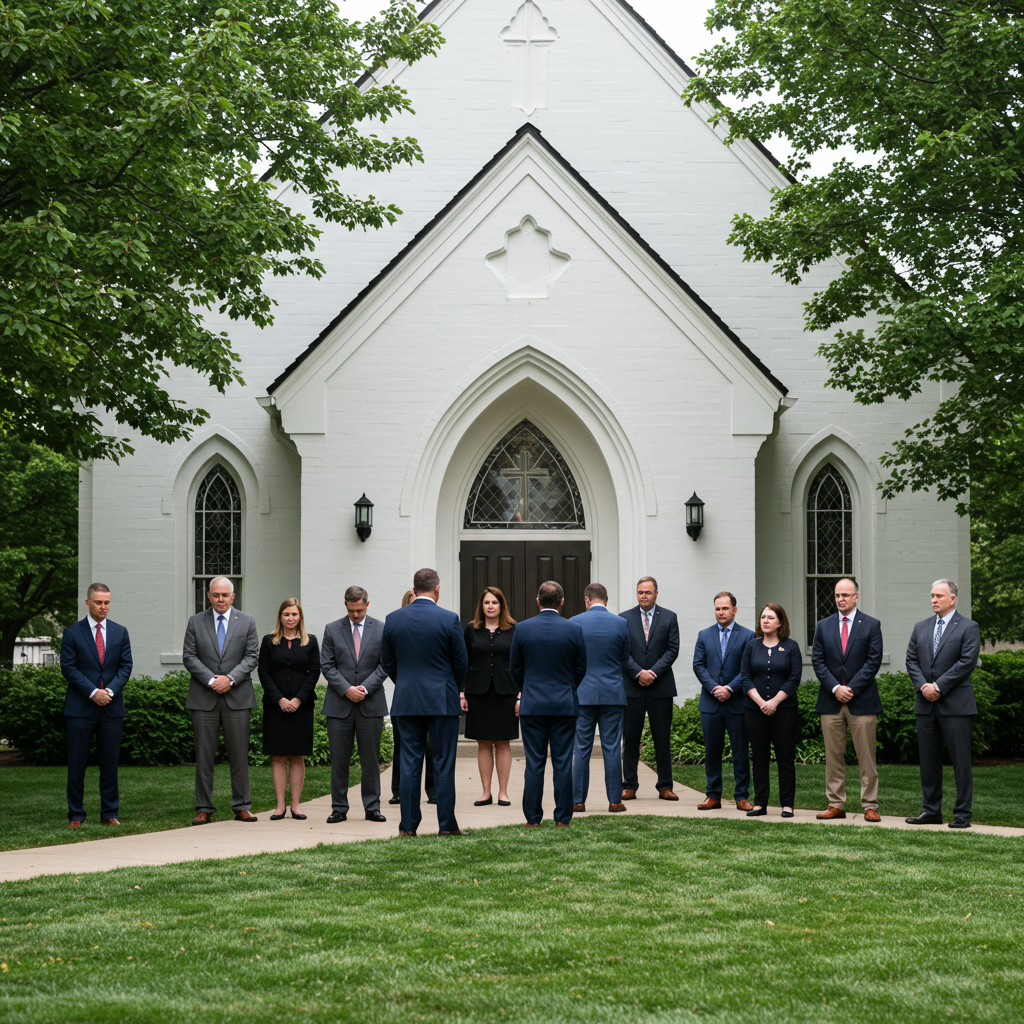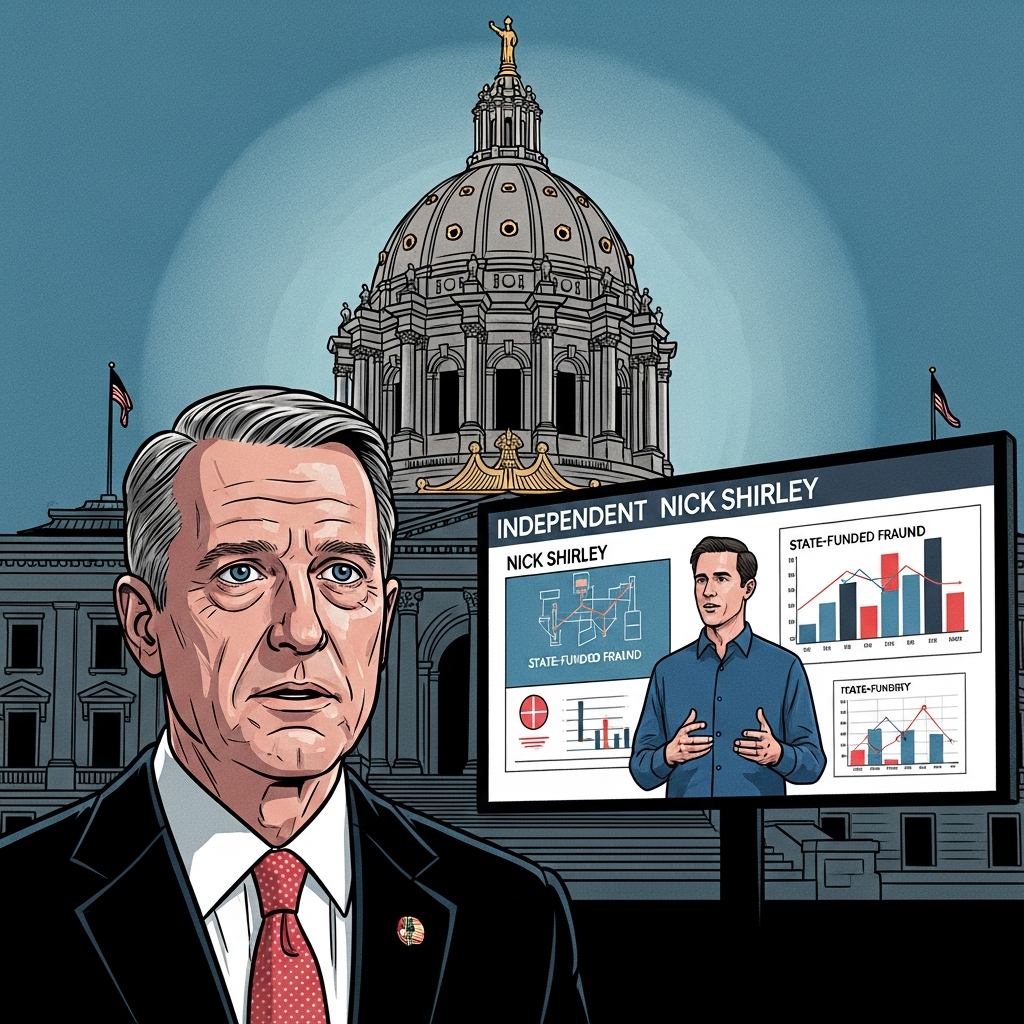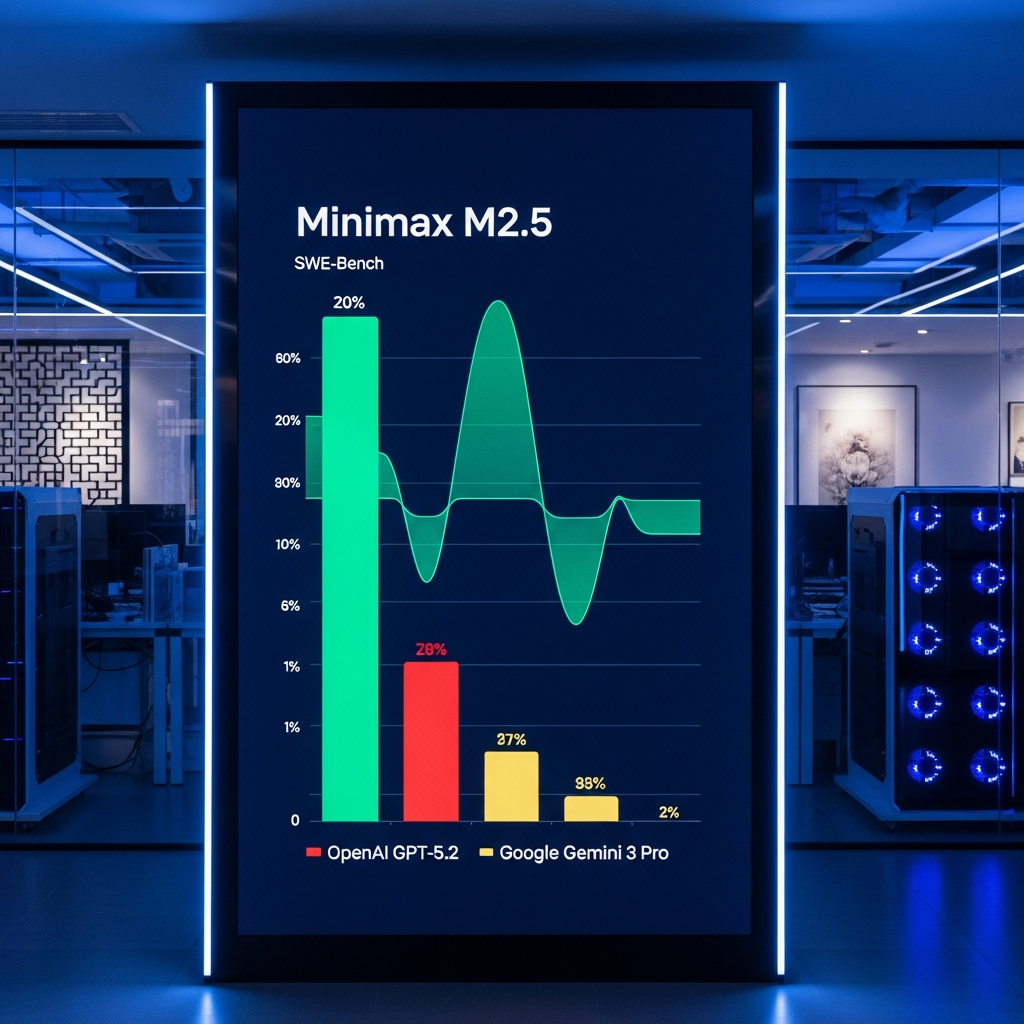A wave of shock and grief swept across Michigan and the nation following a horrific mass shooting at a Church of Jesus Christ of Latter-day Saints in Grand Blanc on Sunday, September 28, 2025. This devastating incident, which tragically claimed two lives and left eight others injured, immediately drew widespread condemnation from federal and state lawmakers. The attack has reignited urgent conversations about public safety, the sanctity of places of worship, and the troubling rise of violence in America.
Grand Blanc Church Attack: A Day of Worship Turns to Tragedy
The peaceful Sunday morning worship service was shattered when a 40-year-old male suspect intentionally drove his vehicle through the front doors of the Grand Blanc church. He then opened fire with “several rounds” at hundreds of congregants, transforming a sacred space into a scene of terror. Law enforcement officials responded swiftly, engaging the suspect in gunfire. The perpetrator was ultimately killed, though the profound impact of his actions lingered heavily on the community.
The attack resulted in the deaths of two individuals, with eight others requiring hospitalization for serious injuries. This senseless act sparked an immediate outpouring of sorrow, outrage, and calls for unity from leaders across the political spectrum. Many expressed disbelief that such violence could occur in a house of worship, a place traditionally seen as a sanctuary.
National Outcry: Federal Leaders React
President Donald Trump was among the first federal officials to react, sharing a statement on Truth Social. He confirmed receiving a full briefing on the “horrendous shooting,” noting the FBI’s immediate presence to lead the federal investigation and support state and local authorities. While the suspect was dead, Trump emphasized, “there is still a lot to learn.” He uniquely characterized the event as appearing to be “yet another targeted attack on Christians in the United States of America,” calling for prayers and declaring, “THIS EPIDEMIC OF VIOLENCE IN OUR COUNTRY MUST END, IMMEDIATELY.”
Vice President JD Vance echoed these sentiments, describing the situation as “awful.” He urged the public to “say a prayer for the victims and first responders,” highlighting the widespread concern within the administration. These national voices underscored the gravity of the Grand Blanc violence and its potential implications for religious communities nationwide.
Michigan’s Leaders Speak Out Against Despicable Acts
Michigan’s top officials quickly shared their dismay and support for the Grand Blanc community. Governor Gretchen Whitmer (D-Michigan) took to social media, conveying her heartbreak and firmly stating that “violence in a place of worship is unacceptable.” Lt. Gov. Garlin Gilchrist (D-Michigan) was equally devastated, calling the shooting a “horrific act of violence—towards anyone, anywhere—is unjustified.” He expressed gratitude for the swift response of local police, fire, and EMS personnel, pledging continued monitoring.
U.S. Representative Kristen McDonald Rivet (D-Michigan), whose 8th Congressional District includes Grand Blanc, denounced the incident as “despicable” violence in a house of worship. She and her team committed to monitoring the situation and offered prayers. Meanwhile, Republican Representative John James, representing Michigan’s 10th Congressional District, called for unity, urging everyone to “remain united in faith and resolve against this darkness.” James added, “On this Sunday, a day meant for worship and peace, such violence is a grave evil.”
U.S. Senator Elissa Slotkin (D-Michigan) expressed profound grief, stating, “We all grieve with the families and friends of those killed.” She acknowledged the “shock and pain of such a senseless act of violence” and offered prayers for the injured, thanking first responders and hospital staff. Former U.S. Senator Mitt Romney, a Michigan native and member of The Church of Jesus Christ of Latter-day Saints, also conveyed personal anguish, recognizing the victims as his “brothers and sisters” targeted by violence and offering prayers for healing.
A Troubling Trend: Violence Against Places of Worship
The Grand Blanc church shooting occurred amidst a disturbing national pattern of violence, particularly targeting religious institutions and public gatherings. Just weeks prior, on Wednesday, August 27, 2025, a separate and equally horrific event unfolded at Annunciation Catholic School in Minneapolis. During a morning Mass, 23-year-old Robin Westman opened fire with a rifle through church windows, killing two children and wounding 17 others, including 14 more children and three elderly parishioners. Westman later died by suicide.
FBI Director Kash Patel confirmed that the Minneapolis incident was being investigated as an act of domestic terrorism and a hate crime targeting Catholics. Minneapolis Mayor Jacob Frey and Minnesota Governor Tim Walz expressed deep sorrow, with Archbishop Bernard A. Hebda of the Archdiocese of Saint Paul and Minneapolis issuing a poignant plea for “an end to gun violence.” This attack, along with the Grand Blanc tragedy, highlights an alarming vulnerability in places traditionally considered safe havens. The deliberate targeting of congregants, particularly children, has intensified calls for increased security and societal introspection.
Escalating Political Violence and National Polarization
The concern over rising violence extends beyond religious institutions to the broader political landscape. On September 10, 2025, merely weeks before the Michigan church shooting, conservative activist Charlie Kirk was assassinated during a public event at Utah Valley University. Authorities described Kirk’s killing as an “apparent targeted attack” and a “political assassination,” with the suspect remaining at large. This incident drew widespread condemnation and further underscored the dangerous climate of political polarization.
President Trump, reacting to Kirk’s death, praised him as a “martyr for truth and freedom” and squarely blamed “the radical left’s rhetoric.” Other prominent figures, including former Presidents George W. Bush, Bill Clinton, and Barack Obama, condemned the violence, emphasizing the sanctity of open debate and the need for peaceful discourse. Bush reminded that political opponents are “fellow citizens,” while Obama called the killing “despicable violence that has no place in our democracy.” These reactions, alongside the tragic events in Grand Blanc and Minneapolis, paint a sobering picture of increasing societal tensions and a perceived normalization of violence across various spheres. Experts like sociology professor Peter Simi have noted this dangerous trend.
Addressing the “Epidemic of Violence”
The collective reactions to these recent tragedies reveal a shared sense of urgency and profound sadness among leaders. From President Trump’s declaration of an “epidemic of violence” to Governor Whitmer’s assertion that such acts are “unacceptable,” there is a clear consensus that the current trajectory is unsustainable. The targeting of religious groups and political figures signals a deeply troubling trend that impacts community safety and national cohesion.
Many calls for action emphasize the need for unity, understanding, and a reduction in divisive rhetoric. While specific policy solutions were not universally articulated in the immediate aftermath of the Michigan shooting, the overarching message from lawmakers was a plea for prayers, community support, and a societal shift towards greater peace and respect. The focus remains on supporting victims and their families while grappling with the complex factors contributing to this disturbing wave of violence. For more on strategies to enhance community resilience and address polarized environments, consider exploring our resources on conflict resolution and mental wellness support.
Frequently Asked Questions
What details are known about the Grand Blanc church shooting?
The fatal mass shooting occurred on Sunday, September 28, 2025, at a Church of Jesus Christ of Latter-day Saints in Grand Blanc, Michigan. A 40-year-old male suspect drove his vehicle through the church’s front doors, then fired “several rounds” at hundreds of people during a worship service. This tragic event resulted in two deaths and left eight others seriously injured. The suspected shooter was later killed after law enforcement officials engaged in gunfire with him. The incident has been widely condemned by federal and state officials.
How do recent attacks on religious institutions compare to this event?
The Grand Blanc church shooting is sadly part of a troubling pattern of violence against religious institutions. Just weeks prior, on August 27, 2025, a shooting at Annunciation Catholic School in Minneapolis during morning Mass killed two children and wounded seventeen others. The perpetrator in Minneapolis died by suicide, and the FBI is investigating it as a potential hate crime targeting Catholics. Both incidents underscore a worrying trend of attacks in places of worship, raising urgent questions about safety and security for religious communities across the nation.
What steps are leaders calling for to address rising violence in America?
In response to the Michigan church shooting and other recent acts of violence, leaders from across the political spectrum have issued strong condemnations and called for action. President Trump declared that the “epidemic of violence in our country must end, immediately,” viewing the Grand Blanc attack as potentially “targeted.” Michigan Governor Whitmer emphasized that violence in places of worship is “unacceptable.” While specific policy recommendations vary, there is a widespread call for national unity, prayers for victims, and a concerted effort to address the root causes of violence and polarization in American society.
Conclusion
The fatal shooting at the Grand Blanc church serves as a stark reminder of the pervasive and devastating impact of violence in our communities. The rapid and unified condemnation from federal and state leaders underscores the shared understanding of the gravity of this situation and the urgent need for change. As the Grand Blanc community begins its healing process, this tragedy, alongside other recent events, reinforces a critical national dialogue. Moving forward, prioritizing community safety, fostering unity, and seeking meaningful solutions to halt the escalating cycle of violence will be paramount for a more peaceful future.



